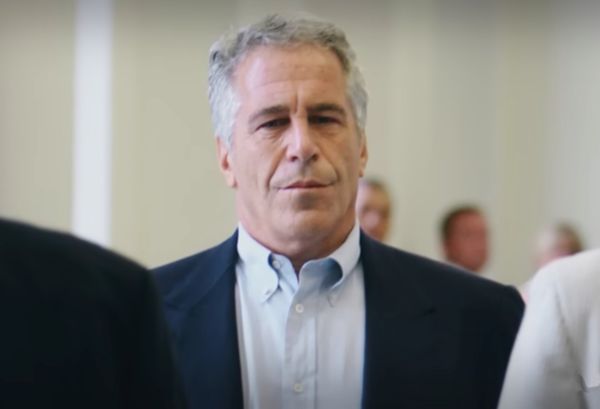POLICE Scotland have left the door open to publicising the race of people charged with crimes.
The force said it would review new guidance issued by the National Police Chiefs’ Council (NPCC) and the College of Policing which urged police across the UK to publish the ethnicity and nationality of offenders in particularly high-profile and sensitive cases.
While policing is devolved, the guidance applies across the UK.
It was formulated in response to a storm caused by two major cases involving Merseyside Police: one where the race and nationality of the suspect was not referred to, and another where it was.
In the first instance, Axel Rudakubana (below) – who murdered three children in Southport last year – was described at a press conference on the day of his arrest as being from Cardiff.
This failed to stop false rumours from spreading on the internet that he was a Muslim asylum seeker which sparked violent riots across England in the following days.
However, in the case of Paul Doyle, who goes on trial in November after a car was rammed into crowd of Liverpool FC earlier this year, the suspect was identified on the same day as his arrest as being a “white British man”.
There have also been protests in England this year relating to alleged offences carried out by men said to be asylum seekers.
The NPCC hopes that by releasing information about the race and nationalities of suspects, incidents where false speculation fuels disorder will be avoided though it will likely concern anti-racism campaigners.
A Police Scotland spokesperson told The National: “We have received the guidance and will work alongside colleagues from the Crown Office and Procurator Fiscal Service to ensure a consistent and transparent approach for policing in Scotland.”
Sam de Reya, the NPCC’s lead for communications, said: “We saw during last summer’s disorder, as well as in several recent high-profile cases, what the major, real-world consequences can be from what information police release into the public domain.”







